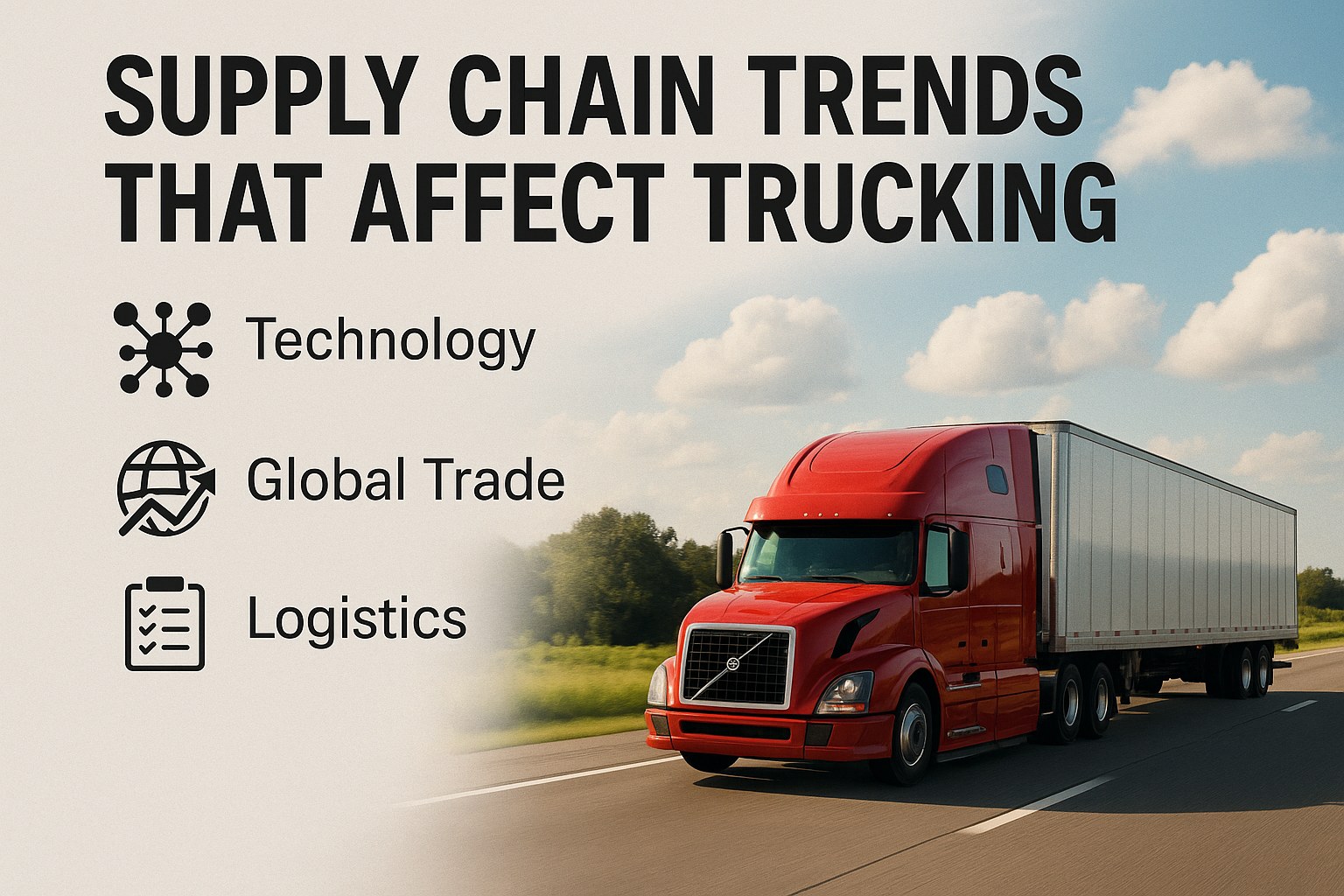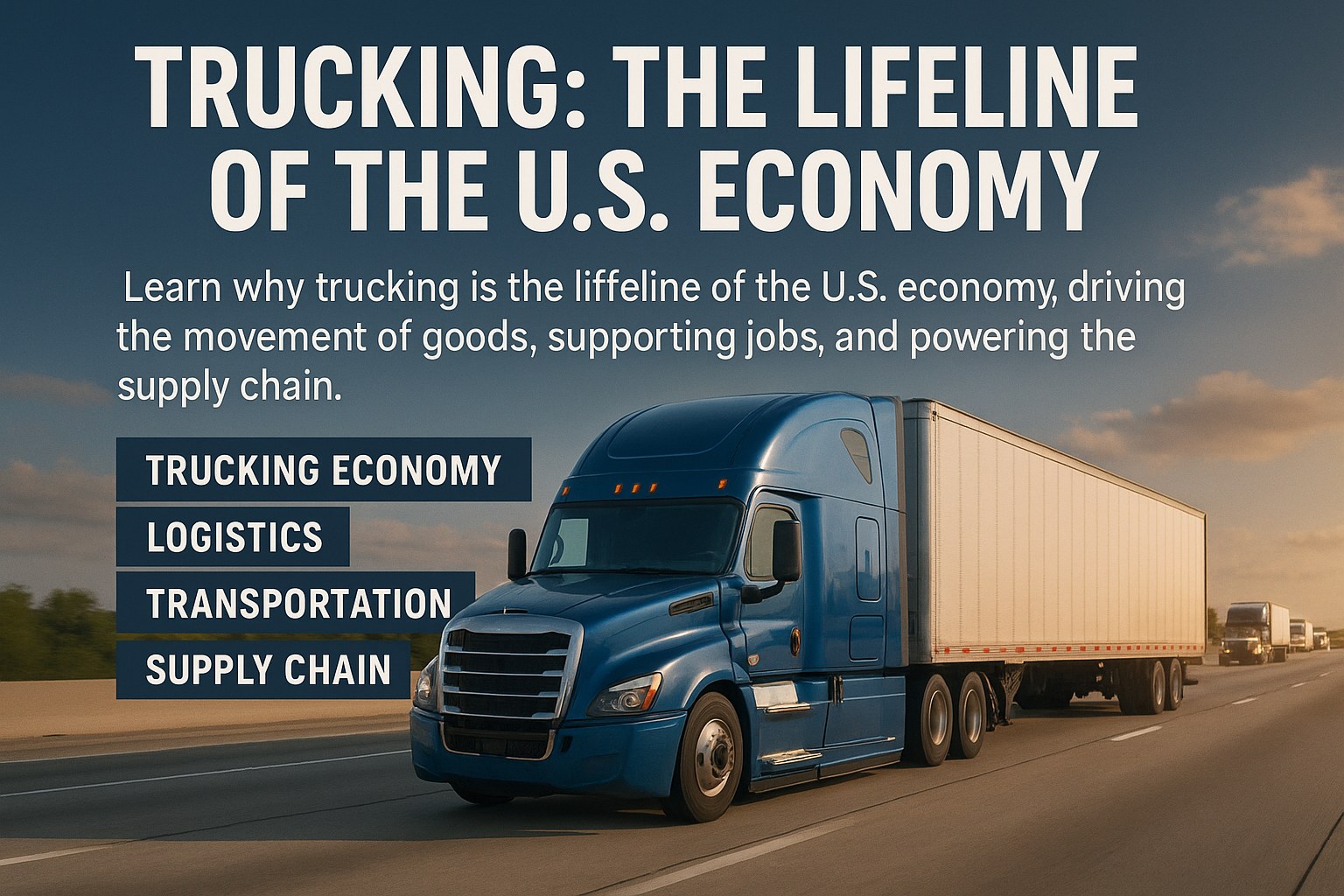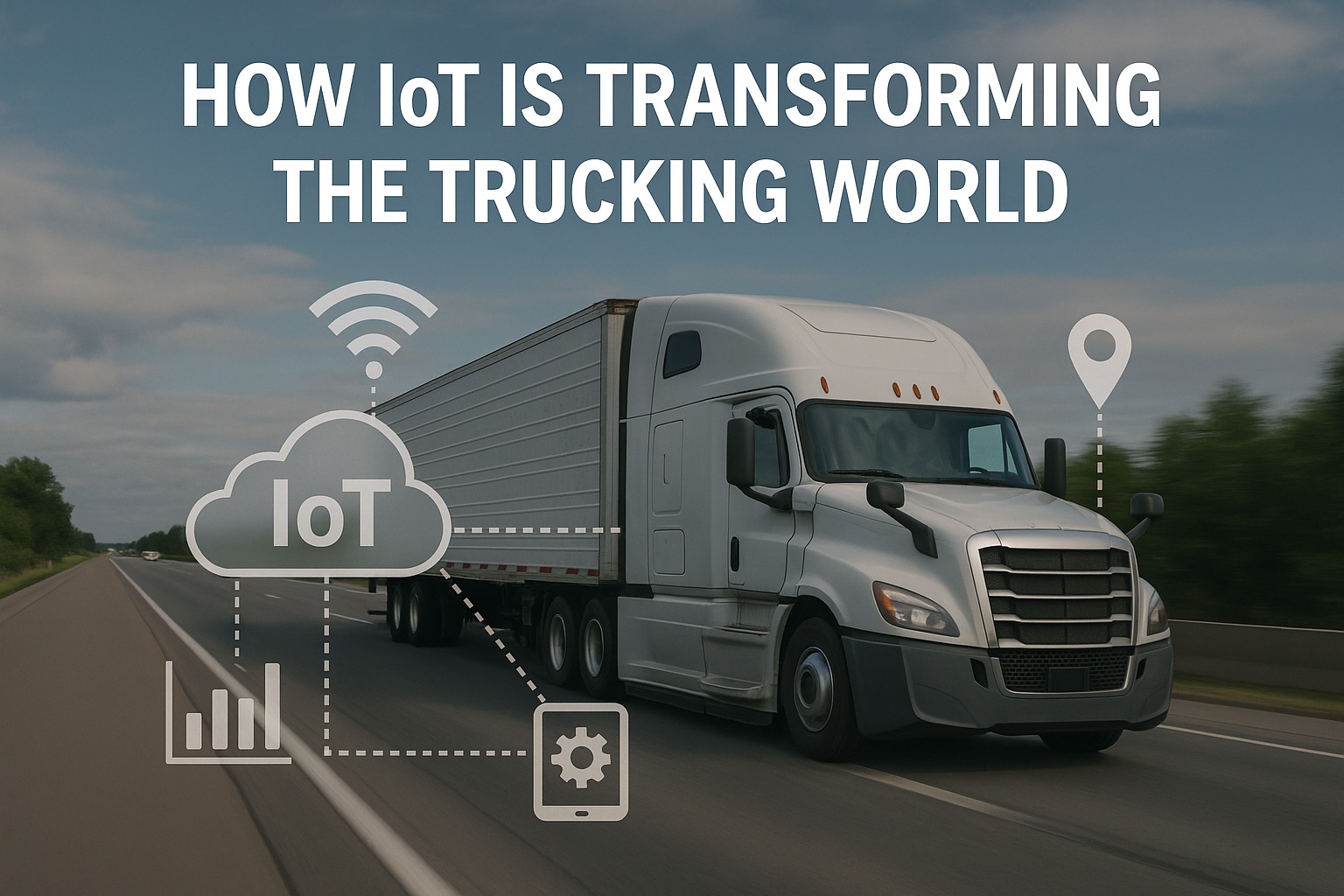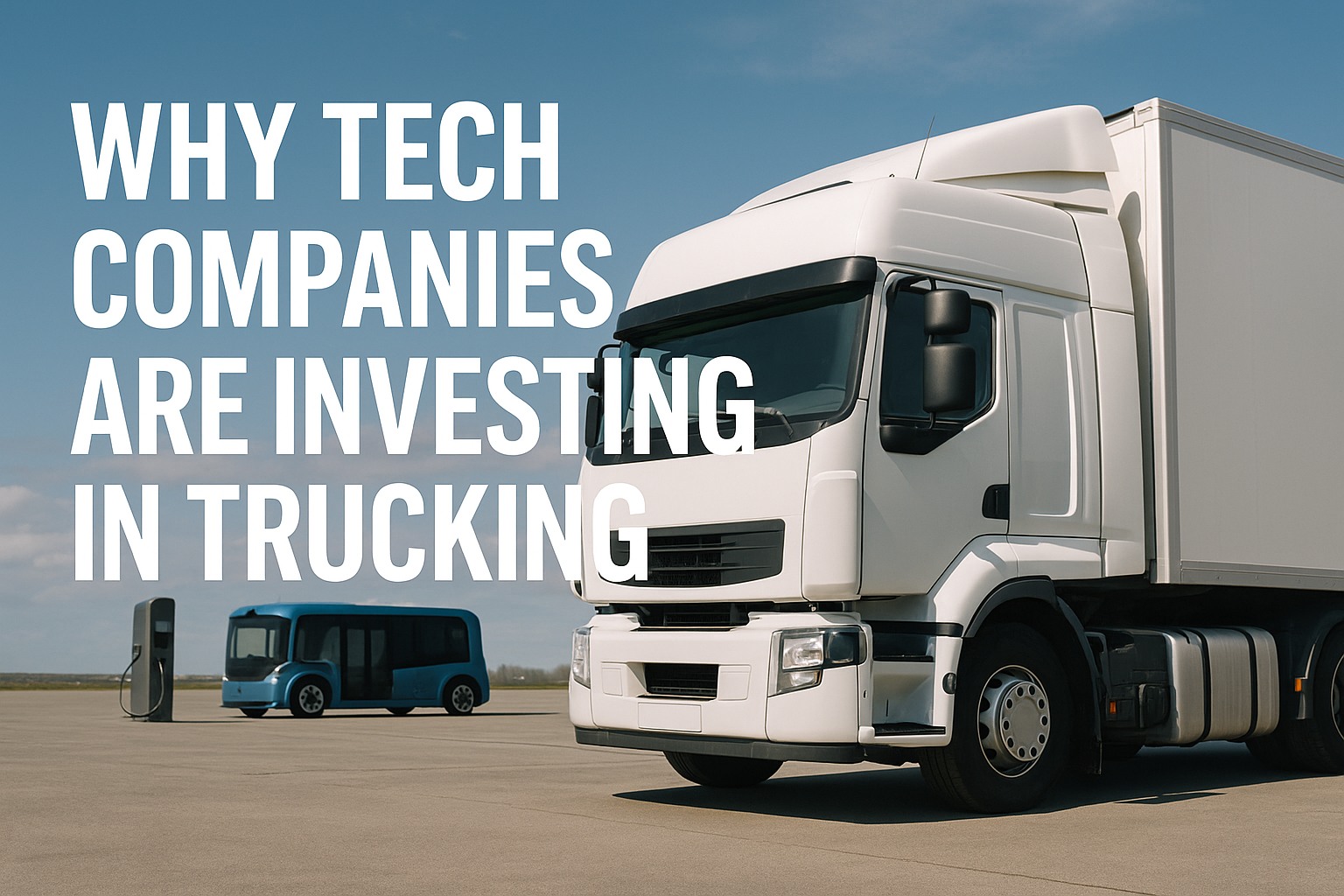Why Fleet Events Matter More Than Ever in 2025
The convergence of AI technology, sustainability mandates, and economic pressures makes fleet events essential for survival and growth. Our analysis of 500+ fleet operators shows that strategic event attendance delivers:
42%
Faster technology adoption
$250K
Average annual savings
35%
Reduction in operating costs
3x
Higher profitability
Top 10 Must-Attend Events for 2025
1. NAFA Institute & Expo
January 21-24, Phoenix, AZFocus: Comprehensive fleet education and AI integration
Expected Attendance: 3,500+ professionals
ROI Potential: $75,000-$150,000 in operational improvements
The premier educational event featuring 50+ sessions on predictive maintenance, showing 75% reduction in breakdowns.
2. Technology & Maintenance Council Annual Meeting
February 24-27, Orlando, FLFocus: Maintenance excellence and cost reduction
Expected Attendance: 4,500+ maintenance professionals
ROI Potential: $100,000+ in maintenance savings
Deep technical sessions with 400+ exhibitors showcasing technologies that extend vehicle life by 40%.
3. Green Truck Summit
March 3, Indianapolis, INFocus: Electric vehicles and sustainability
Expected Attendance: 2,000+ sustainability leaders
ROI Potential: Access to $500,000+ in clean vehicle incentives
Essential for fleets transitioning to electric, with case studies showing 60% fuel cost reduction.
4. Fleet Technology Expo
April 15-17, Chicago, ILFocus: AI and predictive analytics
Expected Attendance: 5,000+ tech innovators
ROI Potential: $200,000+ through predictive maintenance
Showcasing AI systems with 95% accuracy in failure prediction.
5. Connected Fleet USA
June 10-11, Atlanta, GAFocus: IoT and telematics integration
Expected Attendance: 1,500+ connectivity experts
ROI Potential: 30% reduction in fuel costs
Real-world implementations showing $30,000 annual savings per 100 vehicles.
Transform Your Fleet Operations Today
Implement conference insights with our AI-powered fleet management platform. Track ROI, reduce costs, and stay ahead of the competition.
Maximizing Event ROI: Strategic Approach
| Strategy Element | Traditional Approach | Strategic Approach | ROI Impact |
|---|---|---|---|
| Pre-Event Planning | Minimal preparation | 30-day strategic plan | +300% value capture |
| Vendor Meetings | Random booth visits | Pre-scheduled targeted | +250% efficiency |
| Team Attendance | Single attendee | Cross-functional team | +400% knowledge transfer |
| Post-Event Action | 10% implementation | 80% implementation | +500% actual savings |
Key Technologies to Explore
AI Predictive Maintenance
- 75% reduction in breakdowns
- $250K-$400K annual savings
- 30-60 day failure prediction
- 95% accuracy rates
Real-Time Analytics
- Live fleet monitoring
- Instant alert systems
- 40% faster issue resolution
- 25% efficiency improvement
Integration Platforms
- Seamless ERP connection
- Automated data flow
- 50% admin time reduction
- Zero data duplication
Implementation Best Practices
Phase 1: Assessment (Month 1-2)
- Catalog all discovered solutions
- Prioritize by ROI potential
- Establish baseline metrics
- Secure stakeholder buy-in
Phase 2: Pilot (Month 3-4)
- Deploy on 10% of fleet
- Train key personnel
- Monitor performance
- Gather feedback
Phase 3: Scale (Month 5-6)
- Full fleet rollout
- Comprehensive training
- Automated reporting
- Document ROI achieved
Common Challenges & Solutions
Budget Constraints
Solution: Focus on 2-3 high-ROI events. Virtual attendance for others. Expected savings of $150K+ easily justifies $10-15K investment.
Time Away from Operations
Solution: Send rotating teams. Use virtual sessions for broad training. Implement learnings incrementally to maintain operations.
Information Overload
Solution: Pre-define focus areas. Use structured note-taking. Schedule post-event workshops to digest and prioritize.
Ready to Maximize Your Fleet Event Strategy?
Don't let valuable conference insights go to waste. Our platform helps you track, implement, and measure every opportunity for maximum ROI.
Frequently Asked Questions
Modern AI systems demonstrated at major fleet events achieve 85-95% accuracy in predicting failures 30-60 days in advance. This accuracy improves to 97% after 12 months as the system learns your fleet's specific patterns. Leading vendors show proven case studies with 75% reduction in unexpected breakdowns.
Quick wins like route optimization show ROI in 3-4 months with 15-20% mileage reduction. Comprehensive solutions like predictive maintenance typically achieve full ROI within 12-18 months, delivering $250K-$400K annual savings for 100-vehicle fleets. Most operators see positive cash flow within 6 months.
AI-powered systems need vehicle telematics (GPS, diagnostics), maintenance history, driver behavior data, and fuel consumption records. Most modern vehicles already collect this through OBD-II ports. Additional IoT sensors can enhance accuracy but aren't required for basic predictive capabilities achieving 85%+ accuracy.
Yes, all major fleet management platforms showcased at 2025 events fully support electric and hybrid vehicles. They offer specialized features like battery health monitoring, charging optimization, range prediction, and TCO comparisons. Many provide transition planning tools for mixed-fuel fleets moving to electric.
Modern solutions offer robust API integration with popular systems like Samsara, Geotab, Fleetio, and major ERPs. Look for vendors with pre-built connectors and integration support. Typical integration takes 2-4 weeks with proper planning. Most vendors at major events offer integration assessments and compatibility guarantees.








